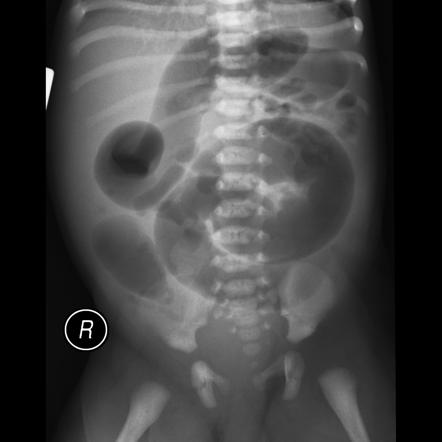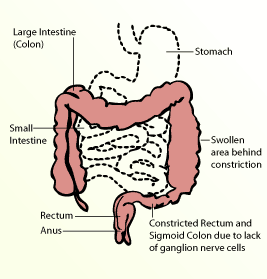
Hirschsprung Disease affects the large bowel (colon) of infants, children, and infants
It causes them to have difficulty emptying their intestines. In most instances, the difficulties with bowel movements begin at birth, but in more severe cases symptoms can appear as early as months or even years after birth. Treatment usually requires surgery.
What causes Hirschsprung is a disease in the intestinal tract. This condition occurs when too many nerves are infected or killed. When the body is under a lot of stress, it responds by increasing the production of mucus. Over time, this will lead to inflammation in the colon. When this happens, it is referred to as Hirschsprung's disease.
Hirschsprung's disease is very common in babies and very painful for the parent or caretaker. The child is not going to be able to sleep, eat, or nurse properly. If left untreated, it will make the child extremely ill. There are a number of treatments available for Hirschsprung. They include medications, natural remedies, and surgery. Let's take a look at each one of these.
Hibernation, or heat therapy, is the treatment used for Hirschsprung. A special type of heating pad called a heat pad is placed on the back of the child's leg to warm up their stool. Some parents find this very useful and effective. It helps to give them better circulation and makes bowel movement easier.
Another treatment for Hirschsprung is changing the child's diet. This includes limiting the amount of sugar, white flour, or processed food. Try to get the child to eat more vegetables, fruits, and grains. Also, try to feed the child less calories because it will cause a drop in energy levels. A baby's intestines will also work better if it is getting enough fiber.
Natural remedies are also sometimes used for Hirschsprung. These include herbal teas, apple cider vinegar, and probiotics.
Surgery is usually the last resort for parents who are looking to get their children treated for H. This is usually required for children who have serious symptoms. It is an invasive procedure that is performed by an expert.

When considering your child's treatment options, keep in mind that Hirschsprung can have a very serious impact on your life if left untreated
Talk to your doctor about the type of treatment you are planning. They can tell you which course of action is best for your child. There are many treatments available, so just remember that not all treatments are right for every child.
Hirschsprung's disease is treatable, but it takes time and a lot of patience. If caught early, your child will be helped much faster. However, if your child has already developed the disease, it will take even longer. You may need to visit your pediatrician frequently to monitor your child's progress.
Some of the symptoms associated with Hirschsprung's disease include jaundice, weakness, and vomiting. If these symptoms appear, your doctor may refer you to a specialist. Some pain and discomfort may also occur. If it gets worse, see a doctor immediately.
Early detection is key. If the disease is detected early, the chances of the disease causing the problem are reduced. There are many early symptoms to watch out for. It is best to be able to identify the symptoms of an illness early so you can start treatment earlier.
If you want to know how to prevent Hirschsprung's disease, you should start follow your child's diet. The food they eat and drink may be the first sign of a developing disease. These foods will help slow the progression of Hirschsprung's disease.
Preventing Hirschsprung may also mean making sure they are not getting a lot of sugars in their diet. If your child is not getting enough fiber, they may be at a higher risk for developing the disease. If they are exposed to chemicals and antibiotics, they could be at a higher risk too. Make sure they are getting plenty of vitamins A and B. Make sure they are getting plenty of exercise and plenty of liquids to flush toxins out of the body.